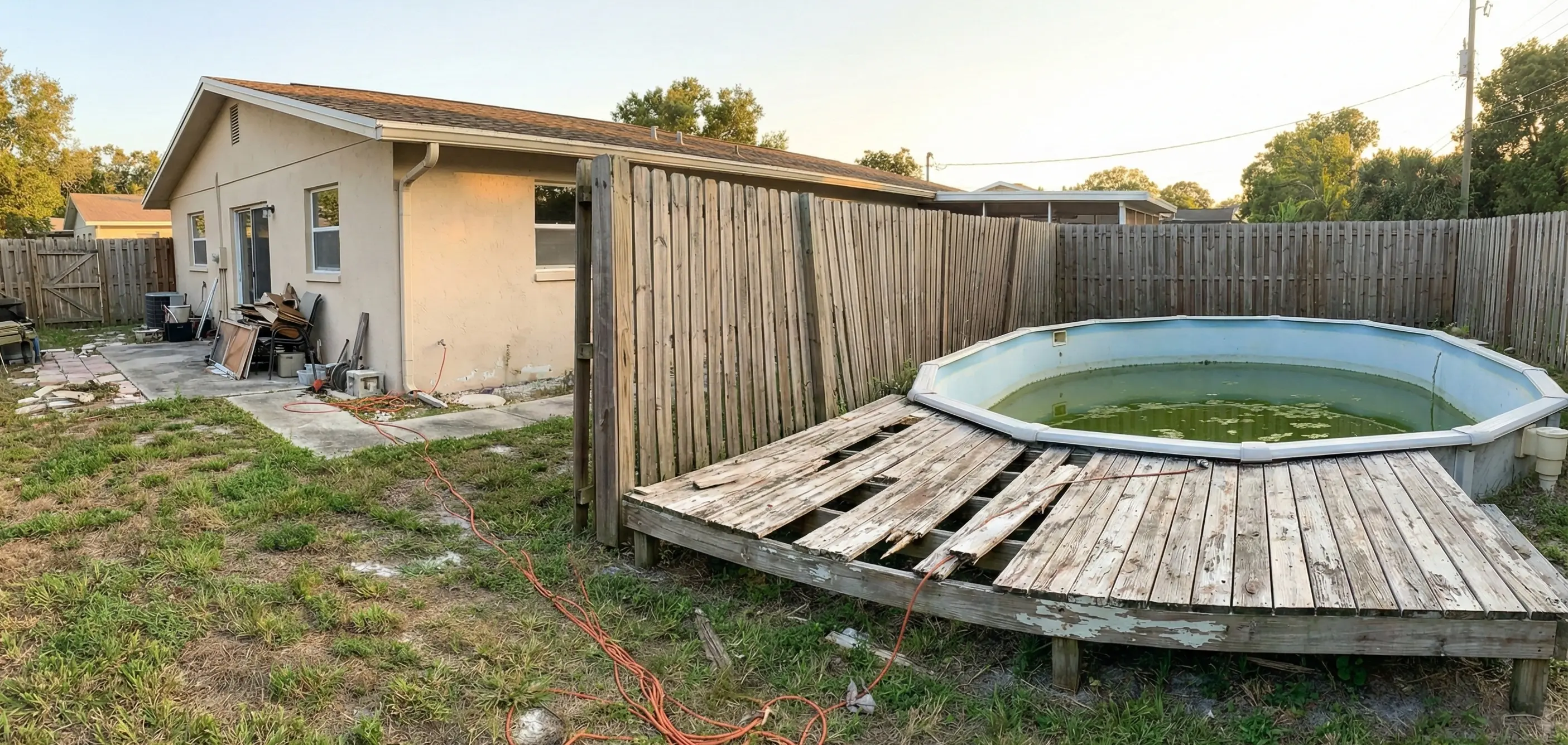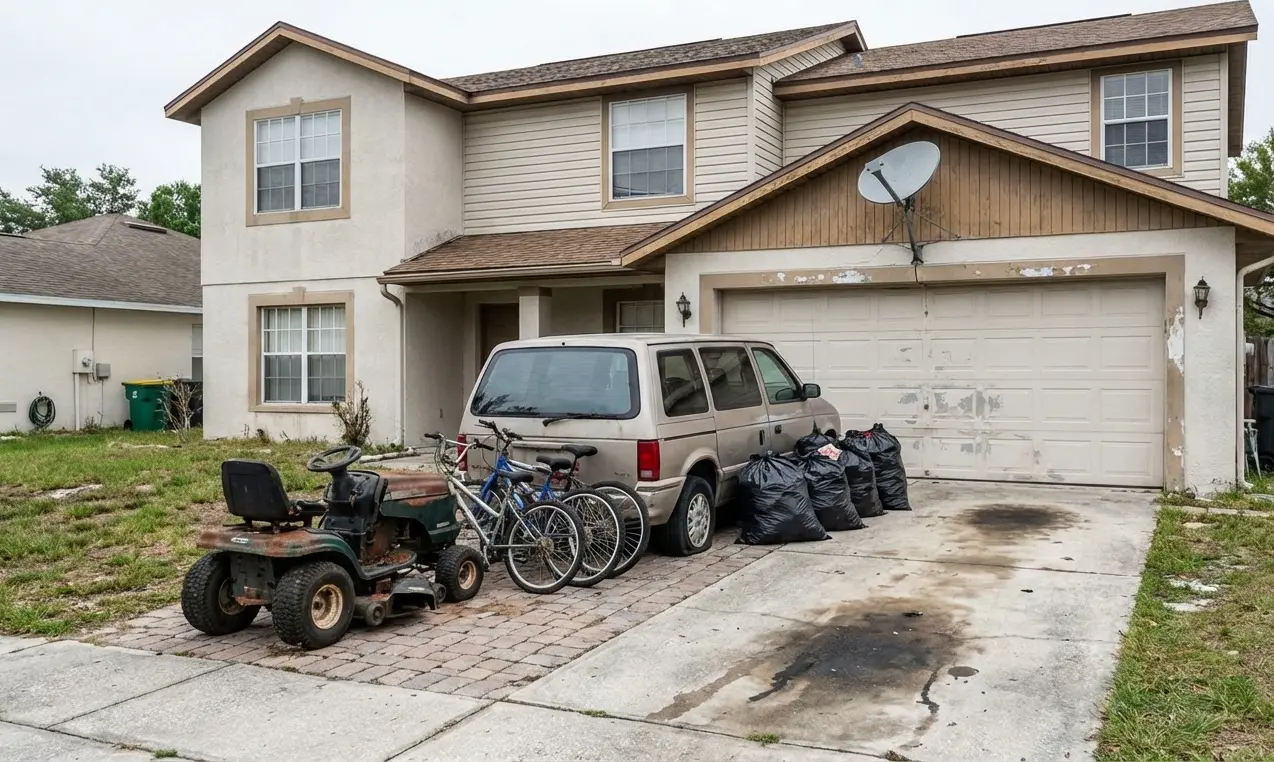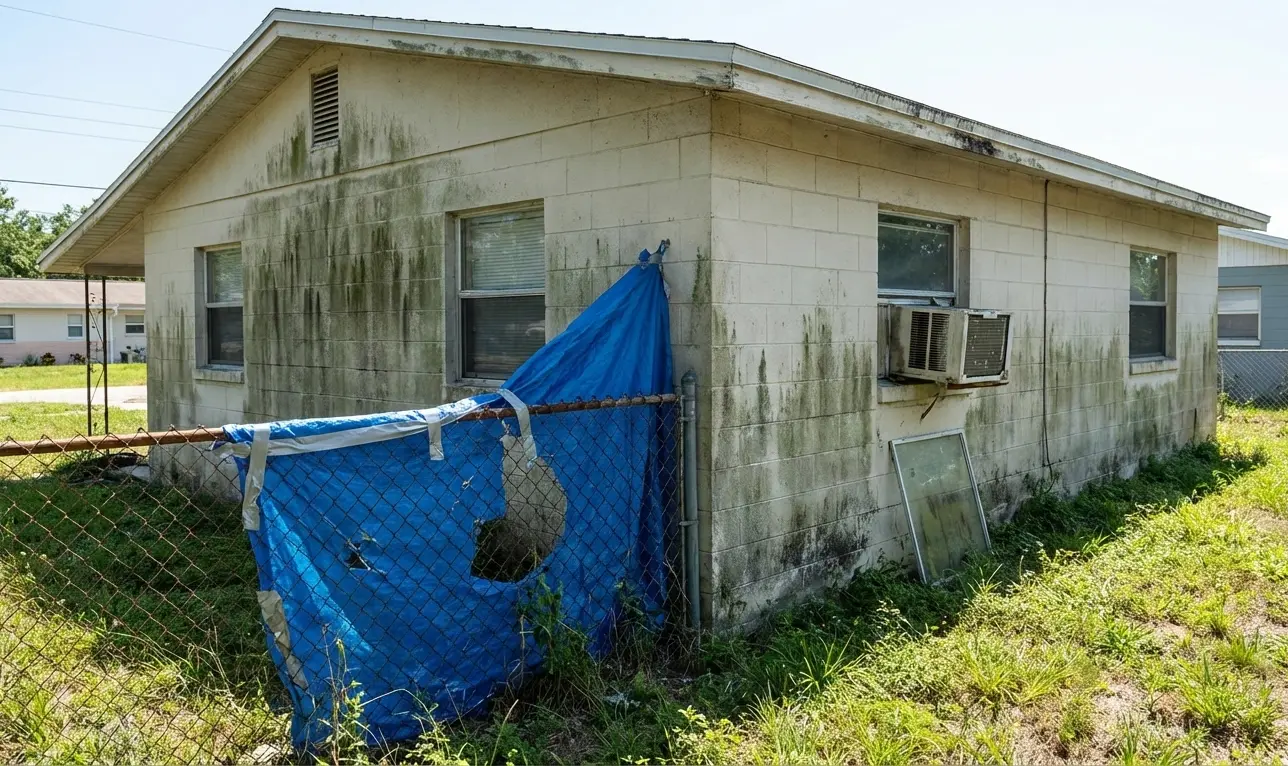Last updated: January 2026
Sell Your Tenant-Occupied House in Florida | FL Home Buyers
Tired of being a landlord? We buy rental properties with tenants in place. No need to evict or wait for leases to expire—we take over. Close in 7-60 days.
Get My Cash Offer
Us vs. Franchises: What's the Difference?
| Factor | FL Home Buyers | Franchises |
|---|---|---|
| Negotiation | Yes, we negotiate | Fixed pricing |
| Fair Price | Market-based offers | Lowball offers |
| Local Knowledge | Florida-focused | National chain |
| Flexibility | Custom solutions | One-size-fits-all |
How to Know We're Legit
Worried about scams? Here's how to verify we're the real deal:
Proof of Funds
We can show proof of funds. Ask us. Real buyers have real money.
Local Office
We're based in Palm Beach Gardens, FL. You can visit our office.
BBB A+ Accredited
Check our BBB rating. We're A+ accredited. That means something.
Licensed General Contractor
We're licensed. You can verify our license with the state.
The Tenant-Occupied Problem is Costing You Money
Most buyers want vacant properties. Evicting tenants in Florida takes 30-90+ days and can cost thousands in legal fees. Meanwhile, you're still responsible for maintenance, property taxes, and insurance.

Why Selling to Us Beats Tenant-Occupied
We Buy with Tenants
We buy rental properties with tenants in place—no need to evict or wait for leases to expire.
We Handle Everything
After closing, we take over managing the tenants, so you're completely done.
No Showings Needed
We don't need to show the property to tenants, so there's no disruption.
Fast Closing
We can close in 7-60 days, so you can exit the landlord business quickly.
How We Handle Tenant-Occupied Properties
Here's how we can help:
- We assess the property and review the lease situation.
- We make a cash offer that accounts for the tenant situation.
- We buy the property with tenants in place.
- After closing, we take over managing the tenants.
- You get cash and are completely done with being a landlord.
Want to learn more? Check out how it works or read our blog post about selling fast in Florida.
Real Example
A landlord in Tampa had a tenant who stopped paying rent but wouldn't leave. The eviction process was taking months, and they were losing money every month. We bought the property for $195,000, took over the tenant situation, and the seller was free from the landlord stress immediately.

Common Questions About Selling Your House
How Can I Sell My House Fast For Cash?
The fastest route is selling to a cash buyer or investor. Unlike traditional buyers who need 30-45 days for mortgage approval, cash buyers like FL Home Buyers have the funds ready. We can typically close in 7 days, or on your specific timeline, because we skip the appraisals and bank inspections.
What is the 3-3-3 Rule in Real Estate?
The 3-3-3 rule is a general timeline expectation: 3 days to respond to an offer, 3 weeks for inspections and financing approval, and 3 months to close. When you sell to us, we break this rule—we can often offer in 24 hours and close in as little as 7 days.
What is the commission on a $500,000 house?
In a traditional sale, you typically pay 6% in agent commissions. On a $500k house, that is $30,000 directly out of your pocket, plus closing costs. When selling to FL Home Buyers, you pay zero commissions and we cover the closing costs.
What is the 20% rule in house flipping?
Investors often aim for a profit margin of around 20% after repairs to account for market risk. This helps determine the Maximum Allowable Offer (MAO). We are transparent about our numbers—we factor in repairs and a fair margin, often beating national franchise offers because we are local.
What is the 7% rule in real estate?
The 7% rule suggests that closing costs, commissions, and fees will eat up about 7% to 10% of your final sale price. If you sell to a cash buyer, you avoid the bulk of this 7% loss since there are no agent fees and we pay the closing costs.
What is the hardest month to sell a house?
Historically, December and January are the hardest months to sell due to the holidays and buyers waiting for the new year. However, we buy houses year-round, even during the holidays, so you don't have to wait for the "spring market."
What is considered a lowball offer?
A lowball offer is typically 25% or more below the fair market value (considering the home's condition). We don't lowball. We provide a fair cash offer based on the After Repair Value (ARV) minus the actual costs of construction and tenant management.
Get Your Cash Offer Today
Get a no-obligation cash offer. We buy with tenants in place. Close in 7-60 days. Be done with landlording.
Get Your Cash Offer
Tell us about your property. We'll give you a real number and help you with your tenant-occupied situation.
